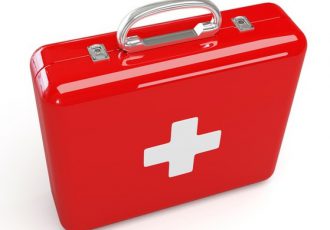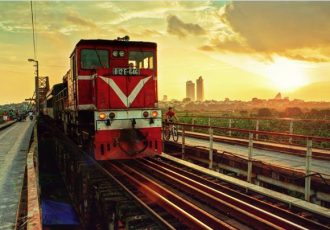
What should you plan for a peaceful trip to Vietnam?
A safe trip is always what everyone dreams of for their stay. In general, we often hear that Vietnam is a very secure country.
As in the whole world, there are some pickpockets and some purse robberies in certain districts of large cities such as Ho Chi Minh City, Hanoi or in certain tourist regions. But in principle, most visits can be made in Vietnam without problems. It is very rare for tourists to be assaulted during their trip.
We present below some advice to follow in the hope that you avoid this kind of problem as much as possible and that you always feel safe throughout your trip to our beautiful country:
1. Identity papers
Before leaving, make several copies of your identity papers (valid and legible), your credit card, your travelers checks, your plane ticket and other important documents. Take a copy with you and leave another in another pocket. It’s best to leave these sheets in a small safe at your hotel if you don’t need to take them with you.
2. Cartes bleues
Do not take unnecessary credit cards with you during your stay to avoid theft or loss. In case of bad weather, warn your correspondent in Vietnam as soon as possible for a good intervention.
3. Silver
It is better that you only make purchases or exchanges at Vietnamese banks or exchange offices. You are not advised to change your currency illegally on the black market, on the street,… where there are many scams and especially with counterfeit currency trafficking. Before going out for the visit, always prepare a small sum for your small purchases. Check your change to avoid counterfeits.
4. Clothes
It is best if you dress casually, without expensive jewelry or watches. Also, do not reveal large sums of money in public places.
5. Free transport
During your free time, during your trip, you may take a taxi to get around. It is best to ask your hotel staff to arrange this service for you. For a good ride, always take a hotel card or ask someone who writes you the address of your hotel and different places you want to go or discover for a good understanding by the driver. Memorize the taxi number or take a taxi card in case you forget personal items in the car.
Find out a small personal lexicon with keywords or simple phrases such as: “Where is…. ? Where are the toilets ? …. » for good communication with the local population.
6. Access
Some regions, especially in the mountains and near the borders, are not yet entirely free of access to foreigners. It is recommended that you find out in advance if authorization from the local authorities is not necessary when you plan to venture into the most remote areas (in general, the sites mentioned in the travel guides do not not pose a problem).


